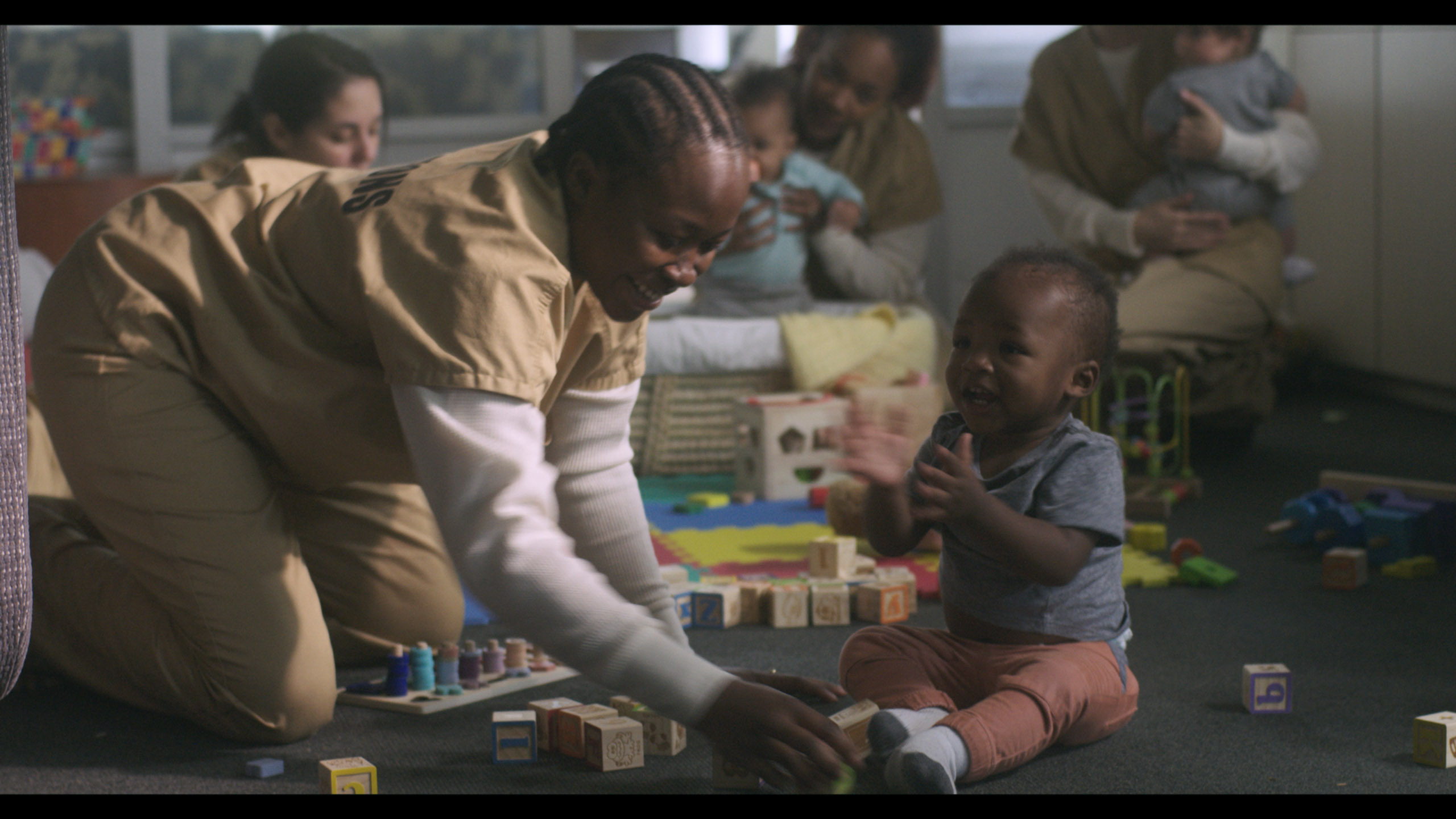Ask An Expert: Reel Talk with Dr. Julia [The Bond]

Jahmil Eady’s short film exposes a nearly unfathomable yet routine practice in the treatment of incarcerated pregnant patients in the U.S.: shackling inmates during pregnancy and labor.
“The Bond” tells the story of Aria, a pregnant incarcerated woman who endures this treatment. Most viewers will instinctively understand how humiliating it must be to give birth under these conditions. But it can also be dangerous.
Pregnant people are more likely to fall and injure themselves and their fetuses if shackled. Restricting movement can make the patient more susceptible to blood clots. And restricting movement during labor poses even more risks. If the fetal heart rate drops, doctors frequently reposition laboring patients. In some cases, they may need to take the patient for an emergency C-section. There is no time to argue with officers about removing shackles in urgent clinical settings. Delay can be fatal to the parent, the child or both.
Many states have laws that limit shackling of pregnant inmates. But even in these states, exceptions are allowed. A recent survey of labor and delivery nurses who care for incarcerated patients report that shackles were used for 82.9% of their patients “some or all of the time” during labor. Given this, it seems clear that “exceptions” sound more like the rule.
How did it make you feel to see a woman in labor shackled to her hospital bed? To see a police officer sitting in her room, watching her give birth?
Does it surprise you to learn this is the norm for the thousands of people who deliver while incarcerated every year?
Our resident expert Dr. Julia Arnold VanRooyen is here to answer all of your rePRO questions!
Simply fill out the form below - you may remain anonymous if you choose - and she'll answer them in our bi-monthly Periodical emails and social media channels. Leave your question below!



